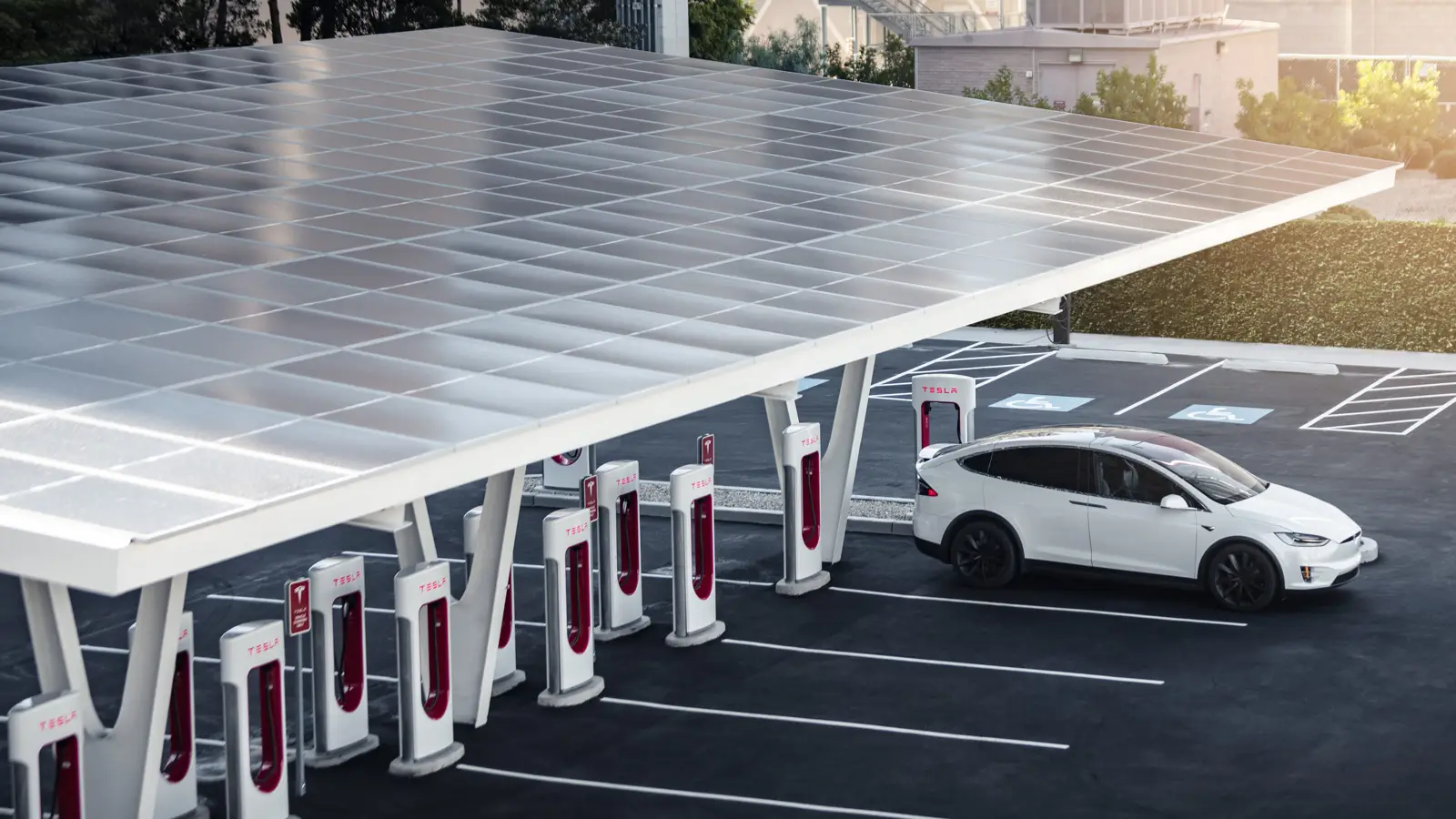Tesla Powerwall loses ground amid brand backlash and new competition

As political views hurt Tesla's image, more home solar buyers are asking for Powerwall alternatives like Franklin. See what's driving the shift.
Home solar buyers are starting to look beyond Tesla Powerwall, as the brand's political and reputational challenges begin to ripple through its energy division.
For years, Tesla was the undisputed leader in the home battery market. The Powerwall 2 cemented that position, and the Powerwall 3 raised the bar even higher with enhanced performance and integration. By the end of 2024, Tesla was producing around 1,000 Powerwalls per day, with over 750,000 units installed globally. But in early 2025, a noticeable shift began—and it had little to do with the tech itself.
According to EnergySage, a platform that helps consumers compare solar quotes, Powerwall demand dropped after January 2025. Between January 1 and 19, 73% of users opted for quotes including the Powerwall. Between January 20 and March 10, that dropped to 64%. More tellingly, 68% specifically requested a non-Tesla battery, and 13.5% expressed negative views about Elon Musk or Tesla in general.
One client put it bluntly: “Do you offer a battery from a supplier other than Tesla? We love our Powerwall and Tesla cars, but we don’t want to support Musk anymore.”
Installers are feeling the shift. At North Carolina-based Renu Energy Solutions, which used to rely heavily on Powerwall installations, manager Nicholas Boles said that all of his last 14 battery sales were Franklin aPower 2 units.
And it’s not hard to see why. The Franklin aPower 2 offers 15 kWh of energy storage (compared to 13.5 kWh in the Powerwall 3), supports up to 15 units per system, and comes with a 15-year warranty. It lags behind in peak power and load-start capability, but the overall package is appealing in terms of capacity and lifespan.
Interestingly, the Powerwall 3 itself has been positively received. It features a built-in solar inverter, higher continuous power output, and smoother integration with Tesla's app and solar products. Yet even a great product may not be enough to shield a brand from backlash.
Although Tesla continues to dominate, particularly in areas with strong installer networks and virtual power plant programs, EnergySage data suggests that public perception of Musk is starting to influence consumer decisions. There are no formal surveys proving this link, but user comments hint at a growing concern.
Other brands—LG, Enphase, Sonnen—are also gaining traction, but Franklin appears to be the most direct competitor right now in terms of specs and price.
It’s too early to declare a shift in market leadership, but the rise of alternatives and the mounting reputational risks mean Tesla may need to work harder to defend its share in a consumer market where the brand now speaks louder than the battery.
Mark Havelin
2025, Mar 31 20:46


